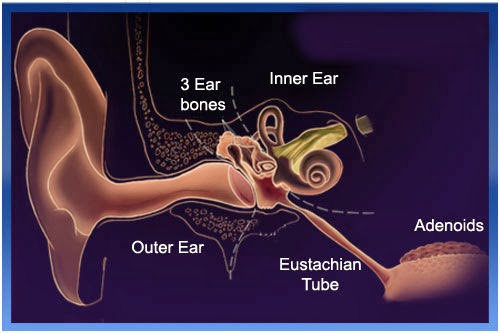A condition of dizziness accompanied by auditory and visual distortion first described by the French physician Prosper Ménière in 1861, Ménière’s disease is still poorly understood by medical science. The condition causes an accumulation of lymph causing increased pressure in the inner ear. Click here Treatment for Meniere’s Disease
When lymphatic fluid builds up to a critical level, expansion of the labyrinth of the inner ear can cause a loss of balance, leading to accidents and falls, and vertigo, a sense of being trapped in a spinning container. Repeated episodes of inner ear inflammation gradually cause loss of hearing.
Symptoms of Meniere’s Disease
Symptoms cover the following: rotary dizziness or vertigo – one that continues for quite a period of time and crops up every now and then, hearing loss – which can either happen in only one ear (unilateral) or in both ears (bilateral) and can also be either fluctuating or continuous, and tinnitus – the presence of sound in the air without an external source. Again, the symptoms of Meniere’s disease may differ according to every person, but nevertheless, their presence means that a trip to the otolaryngologist.
Causes of Meniere’s Disease
What are the most common causes? Unfortunately, it is still too soon to confirm what causes Meniere’s. However it is suspected that it’s the response of the inner ear to injury. So if you hurt yourself inside the ear you could very well develop Meniere’s. Amongst all the arguments it is also suspected that food allergy be involved. Heritage is also considered to be a cause of the Meniere’s disease which is way I said in the beginning that I am in danger. One of the members of my family as this disease, therefore, I am more likely to have it.
Meniere’s disease treatment is most successfully tackled by focussing on your immune system. With a healthy immunity, no disease can occur and existing diseases fade away.
Diagnosing Ménière’s Disease and Tinnitus
The important distinction for someone who has tinnitus is whether they have tinnitus by itself or because they actually have Ménière’s disease. The reason this is so important is that naturally the treatments are different for both conditions.
If a person has Ménière’s disease the diagnosis can be slower because its symptoms don’t always occur at the same time. For example you may only suffer from tinnitus but then at a later stage vertigo may start to appear or migraines etc.
In other cases you may first start experiencing vertigo, then later hearing loss and tinnitus, or perhaps all at the same time. It varies from person to person.
The first thing a person who is having these symptoms should do is visit their doctor. They will perform various tests or refer you to a specialist who will help in diagnosis and then offer the appropriate treatment options.
